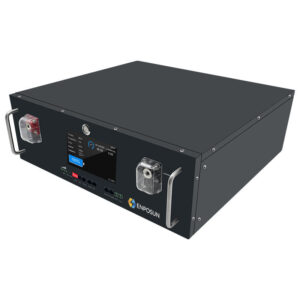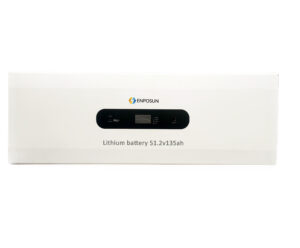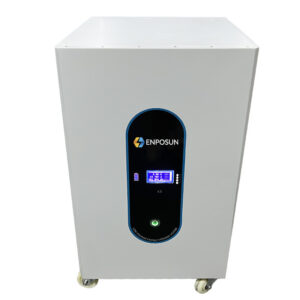Lithium batteries are widely used for various applications due to their high energy density, lightweight, and rechargeable nature. Some common uses include:
1. **Consumer Electronics:** Lithium-ion batteries are extensively used in smartphones, laptops, tablets, cameras, and other portable electronic devices.
2. **Electric Vehicles (EVs):** Lithium-ion batteries are the primary power source for electric vehicles, providing the high energy density needed for long-range driving.
3. **Power Tools:** Cordless power tools often use lithium-ion batteries due to their high power output and lightweight nature.
4. **Renewable Energy Storage:** Lithium batteries are used for storing energy from renewable sources like solar and wind power, helping to balance supply and demand on the electrical grid.
5. **Medical Devices:** Many medical devices, such as pacemakers and portable oxygen concentrators, rely on lithium batteries for their compact size and long-lasting power.
6. **Aerospace and Military Applications:** Lithium batteries are used in spacecraft, satellites, and military equipment due to their high energy density and reliability.
As for the best type of lithium battery, it depends on the specific application and requirements. The two main types are lithium-ion (Li-ion) and lithium polymer (LiPo) batteries:
1. **Lithium-Ion (Li-ion) Batteries:** These are the most common type of lithium batteries. They offer high energy density, long cycle life, and are relatively safe when properly manufactured and used. They are suitable for most consumer electronics, electric vehicles, and many other applications.
2. **Lithium Polymer (LiPo) Batteries:** LiPo batteries are known for their flexibility in shape and size, making them suitable for devices with specific form factors. They tend to have slightly lower energy density compared to Li-ion batteries but can be lighter and more customizable. LiPo batteries are often used in small electronic devices like drones, remote-controlled vehicles, and wearable technology.
The choice between Li-ion and LiPo depends on factors such as energy density requirements, space constraints, weight considerations, and safety concerns. Both types have their advantages and are chosen based on the specific needs of the application.
